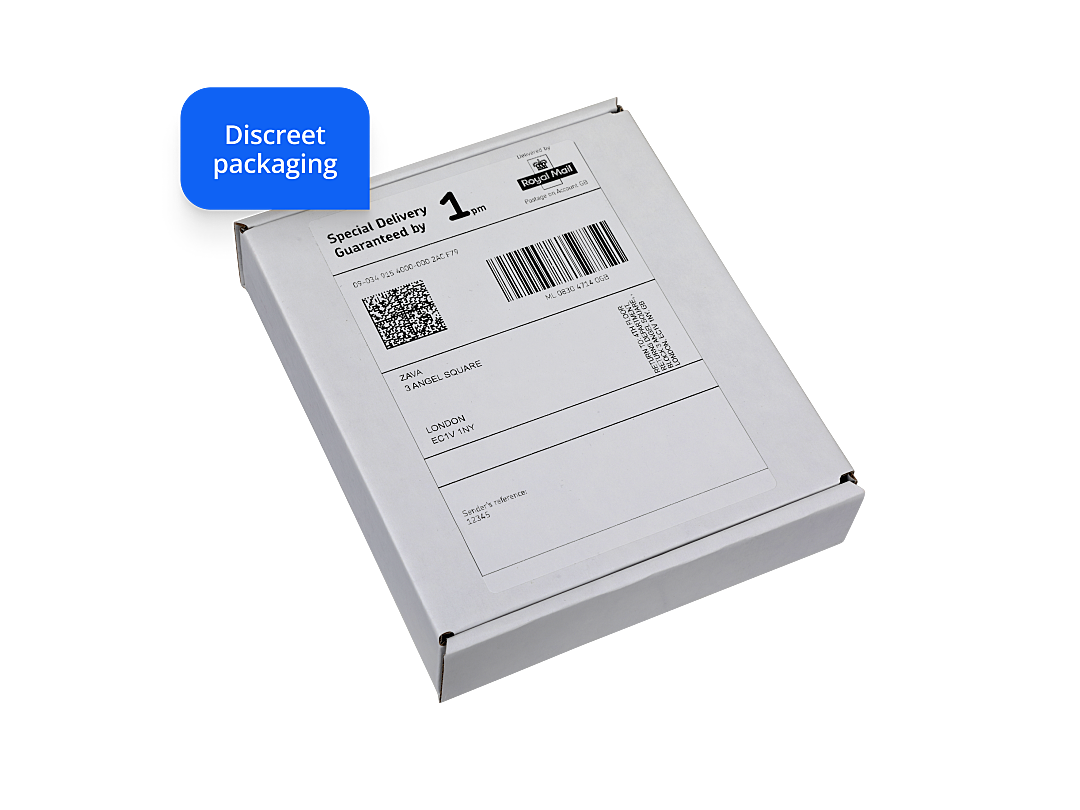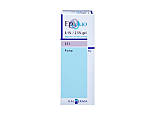



Prices from £36.99
In stock. Simply fill in a brief consultation questionnaire and one of our doctors will review your request today.
-
Epiduo is a gel you rub onto skin to treat acne. It’s made up of a retinoid, a form of vitamin A that removes dead skin cells, and an antiseptic which prevents the growth of bacteria.



About Epiduo gel
How to use Epiduo gel
- Wash your hands
- Remove any make up, wash your face and pat dry with a towel
- Apply a thin layer of gel evenly over all of the areas of skin that are affected by acne (not just on the spots themselves)
- Do this once a day before you go to bed
- Make sure the gel does not get into your eyes, up your nose, or in your mouth. If this happens, wash the area with plenty of warm water
- Make sure the gel does not get into your hair or onto your clothing as it may bleach them
- Wash your hands straight after you use the gel
Common side effects
- Dry skin
- Rash on the skin
- Redness, irritation, or burning feeling on the skin
- Flakey skin
Active ingredients
- Adapalene
- Benzoyl peroxide
-
-
If you have acne and want treatment, you can use our online doctor service to request this medication:
- Complete our short online questionnaire and upload 2 photos of the affected area. We’ll ask you about any current acne medications you’re using plus some general medical questions to make sure treatment is safe. This should only take a few minutes.
- One of our doctors will check your answers and photos to make sure Epiduo gel is right for you, and prescribe treatment.
- Your Epiduo gel order will be posted to you, or you can collect it from your local Post Office.
-
-
Epiduo is made of adapalene (a retinoid, which is a form of vitamin A) and benzoyl peroxide (an antiseptic). Adapalene removes dead skin cells, and benzoyl peroxide helps kill some of the bacteria which may cause acne.
-
-
Common side effects of using Epiduo gel include:
- dry skin
- rash on the skin
- redness, irritation, or burning feeling on the skin
- flakey skin
Less common side effects include:
- itchy skin
- sunburn
- a raised itchy rash (known as urticaria or hives)
If you have any skin irritation in the first few weeks of using the gel, try putting it on less often. If the skin irritation continues, stop using the gel and talk to a doctor about whether it is the right treatment for you.
Some symptoms might be a sign that you're having an allergic reaction to Epiduo. You should call 999 or go to your nearest A&E department if you experience these side effects after using Epiduo gel:
- Feeling dizzy or lightheaded
- Tightness of the throat
- Difficulty breathing
- Swelling of the eyes, face, lips, or tongue
If you accidentally swallow some Epiduo, wash your mouth out with plenty of water, and speak to a doctor or call 111.
Epiduo can cause bleaching of hair and clothing. Wash your hands after using the gel, and make sure the gel has dried before putting clothes on.
-
-
There are a number of other acne treatments you can try. These include:
- other gels or creams that you rub onto the skin
- a combination of antibiotic pills and gels
- combined contraceptive pill

Dr Zenon Andreou studied medicine at University College London, graduating in 2006. His postgraduate training was in hospitals in and around London and he trained for four years in Otolaryngology before completing his training in General practice.
Meet our doctorsLast reviewed: 02 Jul 2019
-
Epiduo 0.1%/2.5% Gel, Patient Information Leaflet, EMC [accessed February 2023]
-
Acne, Treatment, National Health Service [accessed February 2023]
-
Adapalene-Benzoyl Peroxide (Epiduo) for Acne, Obstetrics & Gynecology [accessed February 2023]
-
Acne vulgaris: management, NICE [accessed February 2023]
ZAVA offers a range of options to manage acne symptoms, including antibiotics, anti-inflammatories for inflamed skin, and combination treatments that include Zinc to help skin repair.








